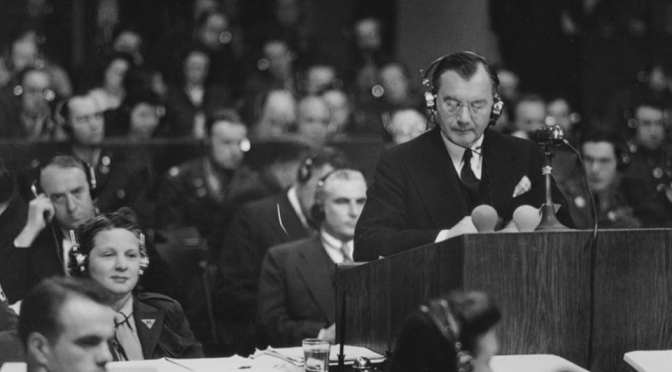God, you are the light that darkness cannot overcome. You are the Prince of Peace and the Reconciler, you make the impossible possible.
Protect all those affected by the war between Hamas and Israel. May the horrific acts of terror be stopped, may those taken hostage be freed, may those seeking refuge from rockets and bombs be spared, and may this terrible conflict come to an end.
I pray especially for the children on both sides who are the most vulnerable—hold your hand over them, God, and give them a peaceful future. Amen.
Two things that should be self-evident:
- Murdering, raping, and kidnapping civilians is not a “fight for liberation”; these are horrific acts of terror that Hamas has committed against Israel and cannot be excused.
- Stopping the import of food and water to the entire population of Gaza is the wrong way for Israel to respond to these acts of terror; it is a life-threatening collective punishment that violates international humanitarian law.
Half of the population of the Gaza Strip is children. A million children who bear no responsibility for Hamas’s rule and their horrific terror attacks. They are some of the most vulnerable right now in the war.
Doctors Without Borders are on the ground in Gaza and report that most of their patients are children between the ages of 10 and 14. They have called for humanitarian corridors so that food and medicine can reach the most vulnerable.
They also write that they have offered medical support to Israeli hospitals where a very high number of injured are being cared for after Hamas’s terror attacks. So far, the Israeli healthcare system has managed without their support, but they are ready to help there too if needed.
All people are created by God, and all suffering on both sides must be prevented. As missionary Heidi Baker wrote the other day on site in Jerusalem: “Pray for peace and for the innocent, no matter their nation or creed.”
Micael Grenholm is a Swedish church historian, author and an editor for PCPJ.

Pentecostals & Charismatics for Peace & Justice is a multicultural, gender inclusive, and ecumenical organization that promotes peace, justice, and reconciliation work among Pentecostal and Charismatic Christians around the world. If you like what we do, please become a member!





























